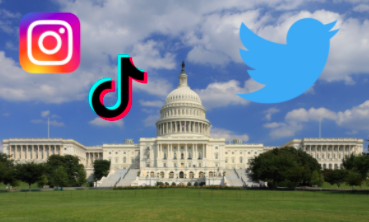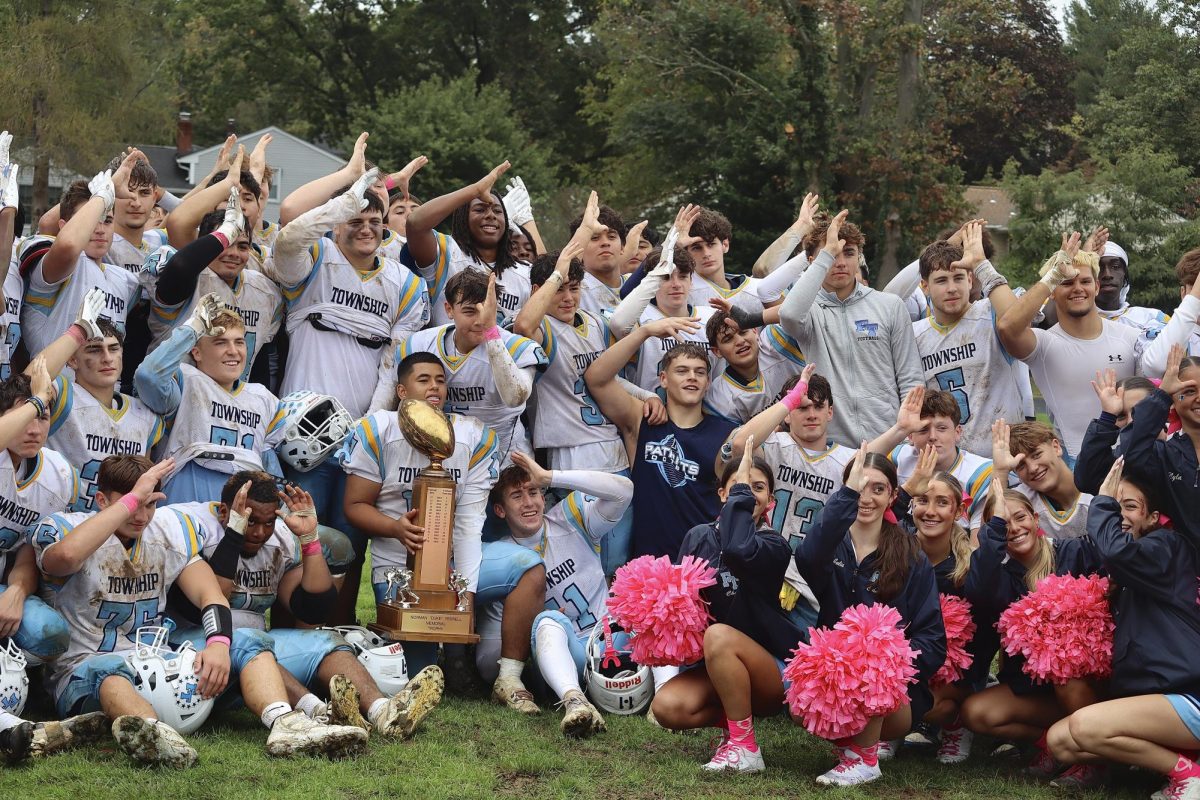How “Cancel Culture” Went From Twitter to Congress

February 26, 2021
In the beginning of February, freshman congressman Representative Marjorie Taylor Greene was stripped of her committee assignments after outrage following resurfaced social media posts. In statements pushed out on Twitter, Greene encouraged rhetoric for the assassination of Democratic leaders (such as House Speaker Nancy Pelosi), mocked survivors of the Parkland shooting, and liked content created by the extremist conspiracist site, QAnon. Pretty bad, right? It’s hard to imagine someone who spewed extreme rhetoric, language of such that influences and powers insurrectionists, but Representative Greene still holds her seat in congress. In light of these claims, she has blamed “cancel culture” for the backlash. Cancel culture is essentially a group of internet users collectively calling out poor behavior, henceforth “cancelling” the person. Somehow in 2021, the Twitter-born phenomenon made its way to the United States government, but hey, what else is new in this crazy political climate? To have a U.S. official cite online shunning as a shield against conspiracy theories, it’s hard to not analyze how cancel culture made the mark it has on American culture and politics.
When you open Twitter, the trending page falls victim to cancel culture. Usually spearheaded by a hashtag, #InsertPersonsNameIsOverParty, controversy can span from 100+ person influencer house party during a global pandemic to a TikTok star being accused of being a groomer. Does cancel culture do what it’s set out to do, “cancel out” someone’s relevance? Not so often. Rather than a stop-signal on someone’s career, it acts more of a small hurdle.
Let’s take Tony Lopez, a TikTok dancer, for example. In late summer of 2020, he was accused of grooming, or building a relationship with a minor for the chance at manipulation, of an unnamed fifteen-year-old girl. When these accusations came to light, he posted a vague Twitter apology, causing a storm on social media bashing the influencer. In today’s interpretation of cancel culture, it seems that the smallest controversy to a literal federal offense falls under the wide umbrella. Is Lopez’s image tainted? Yes. Did he commit a felony? Obviously. But does he still rack in millions of views and likes on every video he posts? Sadly, yes.
Made evident by social media, cancel culture seems to alleviate any true accountability for any offensive or wrong action. Found in Representative Greene’s statements about her past actions, simply calling the outlash from her calls to physically harm fellow government officials the byproduct of cancel culture is insensitive.
When asked about Representative Greene, freshman Sara Frasson said “In my opinion, holding politicians who spread false opinions that can be dangerous and target minorities should not only be ‘cancelled’ but should be held accountable in the office they work in. Just because they are a politician does not mean they should be immune to their actions and words. It is perfectly fine for people to ‘cancel’ politicians on social media because they are educating others about how dangerous opinions can spread racism and anti-semitism, like the dangerous opinion of Greene. To me, it’s not ‘cancelling’ a politician because they work to serve the people; and when they serve the people unjustly, they should be held accountable for their actions.”
In retrospect, the broadened criteria to be “cancelled” is met with inappropriate response. If you have a clean record, but one slip-up, there is no chance at social redemption. In the same universe of this individual, a person can commit a literal crime, but the label of being “cancelled” hides the severity, and their reputation lives on. Toxicity lives on the forefront of cancel culture, but interpretation is up to you, the content consumer. Every individual person has the power to actually hold people accountable or let bygones be bygones, but the choice of whether you use that power for good or bad is the real responsibility.














































